It was a rare week in Washington: President Donald Trump, a walking embodiment of Main Character Syndrome, has been something of a bit player.
That’s in part because the focus has been on Trump’s immediate predecessor in the White House, Joe Biden. The weeks-long promotion of Original Sin, a new book from Jake Tapper and Alex Thompson released Tuesday, has prompted plenty of conversation within the Democratic Party as well as the political media about Biden’s cognitive decline in the final years of his presidency. The central premise of the book is that he and those around him intentionally hid his decline—and that most in the media lacked the curiosity to probe further or were unwilling in doing so.
Our own Steve Hayes reviewed Original Sin for The Dispatch, and focused in particular on the media’s culpability in aiding the cover-up. “The media failure went beyond sins of omission to sins of commission, too,” Steve wrote. “Perceptions of Biden’s struggles were explained away in reported pieces as the result of misleading ‘cheap fakes’ or downplayed as problems anyone might have. Biden partisans denigrated anyone who raised concerns.”
Then, on Sunday, Biden announced he had been diagnosed with an aggressive form of prostate cancer. Some of the Democratic wagons began circling around Biden, but the dire news underscored how irresponsible party leaders had been to wave away concerns that he was fit to continue serving. Still, there have been some signs that Democrats may be reevaluating how they treated those who pointed out Biden’s cognitive problems at the time.
Meanwhile, attention has also turned back to Capitol Hill this week as House Republicans passed their “big, beautiful” bill by just one vote (and as Charles Hilu noted earlier this week, the conference came down to the wire getting it passed). Off to the Senate!
Top Stories From the Dispatch Politics Team
Former special counsel Robert Hur—savagely attacked by Democrats for calling Biden “an elderly man with a poor memory” in his report on Biden’s mishandling of classified documents—has been vindicated after Biden’s debate meltdown and campaign collapse. With newly released audio clips capturing Biden’s struggles and a bombshell book exposing alleged cover-ups of his cognitive decline, even progressive critics are now admitting their attacks on Hur were wrong, raising uncomfortable questions about what Democrats knew and when they knew it.
In August 2009, the U.S. Chamber of Commerce attacked President Barack Obama’s budding health care overhaul, declaring in a scathing television advertisement the legislation would raise taxes, balloon the deficit, and socialize medicine. Motivating the business lobbying group’s aggressive opposition were concerns the eventual Affordable Care Act would stifle economic growth and threaten its members’ profitability. Nearly 16 years later, the chamber is again at odds with a president and his prized agenda. Yet rather than publicly target the president’s trade policies, the group is relying on respectful lobbying to obtain relief for its members.
Despite the Treasury Department’s “extraordinary measures” to avoid a default on the United States’ $36.22 trillion in debt, Congress must once again raise the statutory debt ceiling. The last deadline, known as the “X date,” came in June 2023, when Democrats held the White House and the Senate but Republicans controlled the House. The divided government enabled Republicans to extract concessions from President Joe Biden in exchange for a suspension of the debt limit. Democrats in the Senate could do the same thing this year and threaten to filibuster a measure raising the ceiling for political leverage. To avoid that situation, Republicans included a provision in the reconciliation bill increasing the limit, which means they would not need to haggle with Democrats to raise the debt ceiling.
President Donald Trump’s close ties to the crypto industry and his shunning of presidential norms are both being highlighted Thursday night as he hosts investors in his official “memecoin” for an exclusive dinner outside Washington, D.C. The dinner—which will take place at the Trump National Golf Club in Northern Virginia, welcoming the top 220 holders of the memecoin. The top 25 holders would also be awarded a “Private VIP Reception” with Trump and a separate tour. According to some ethics experts, the memecoin and the exclusive dinner for its top investors raise ethics concerns.
It’s entirely possible that top White House adviser Stephen Miller’s comments suggesting that Trump is considering suspending the writ of habeas corpus to “take care of the illegal immigration problem” are simply meant to intimidate and cajole the courts into ruling in favor of the Trump administration’s actions. But Miller’s comments are also an extraordinarily grave threat. If Trump unilaterally suspended the writ of habeas corpus to address illegal immigration, and the Supreme Court quickly rules against him, what would happen next?
President Donald Trump touts tariffs as a fiscal elixir for all he claims ails the American economy, dismissing foreign trade as unnecessary and in some instances, unwanted. White House messaging to anxious Republicans in Congress has been the exact opposite. “The message from the White House to the caucus has been: Deals are coming—this is to get deals, we’re getting deals,” a senior Republican Senate aide told The Dispatch. “This is not an effort to end all global trade or anything like that.”
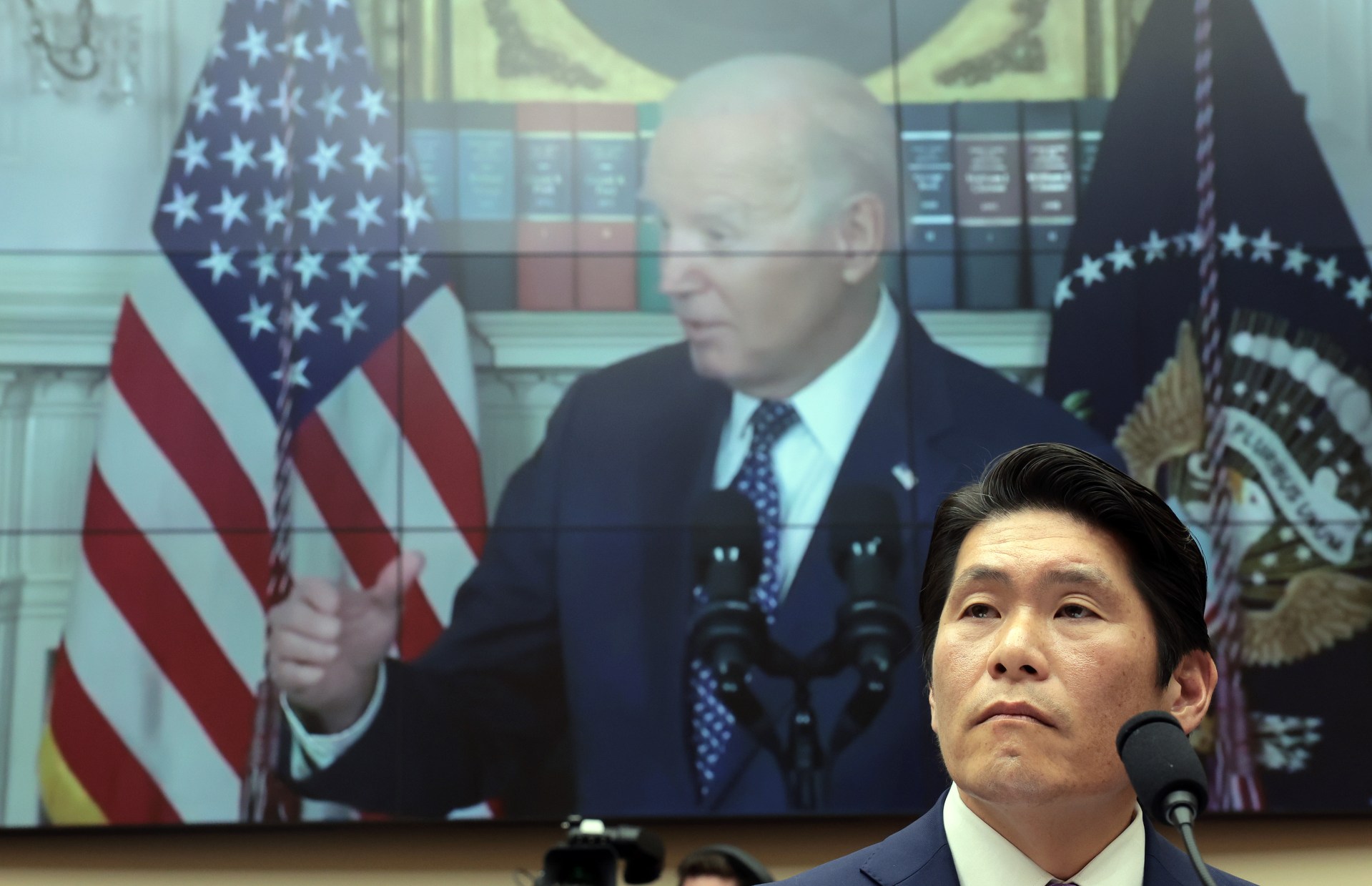
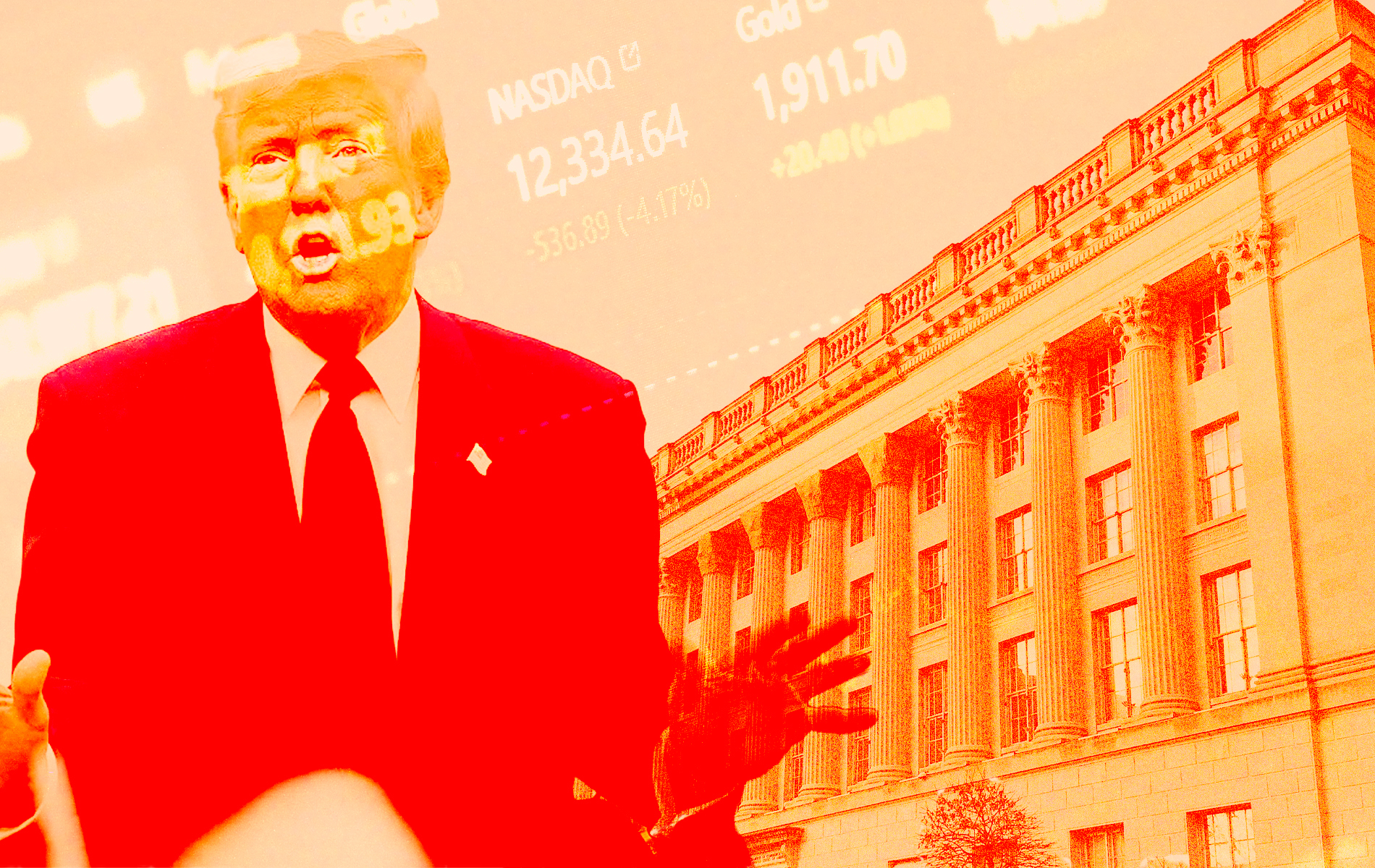
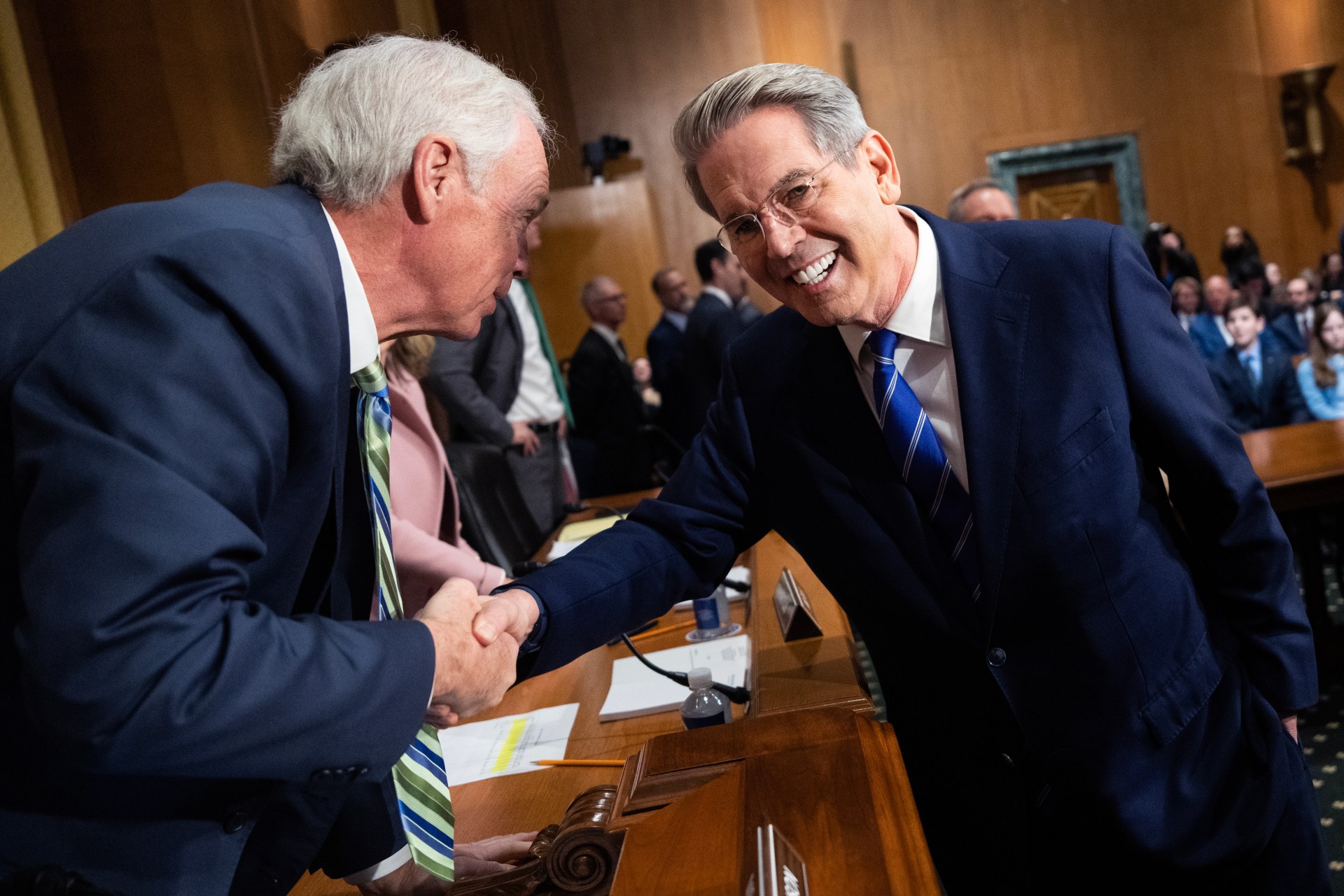
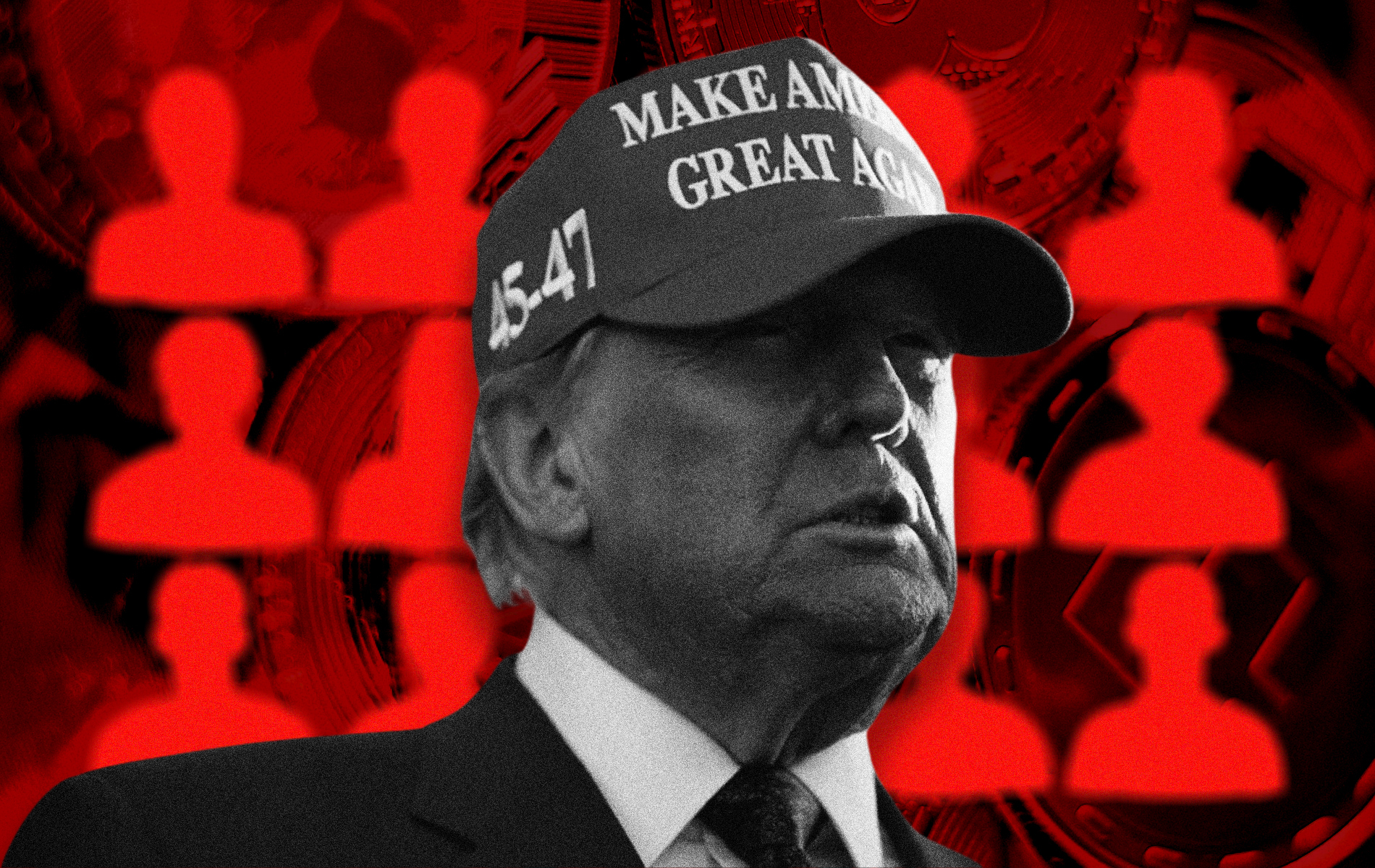
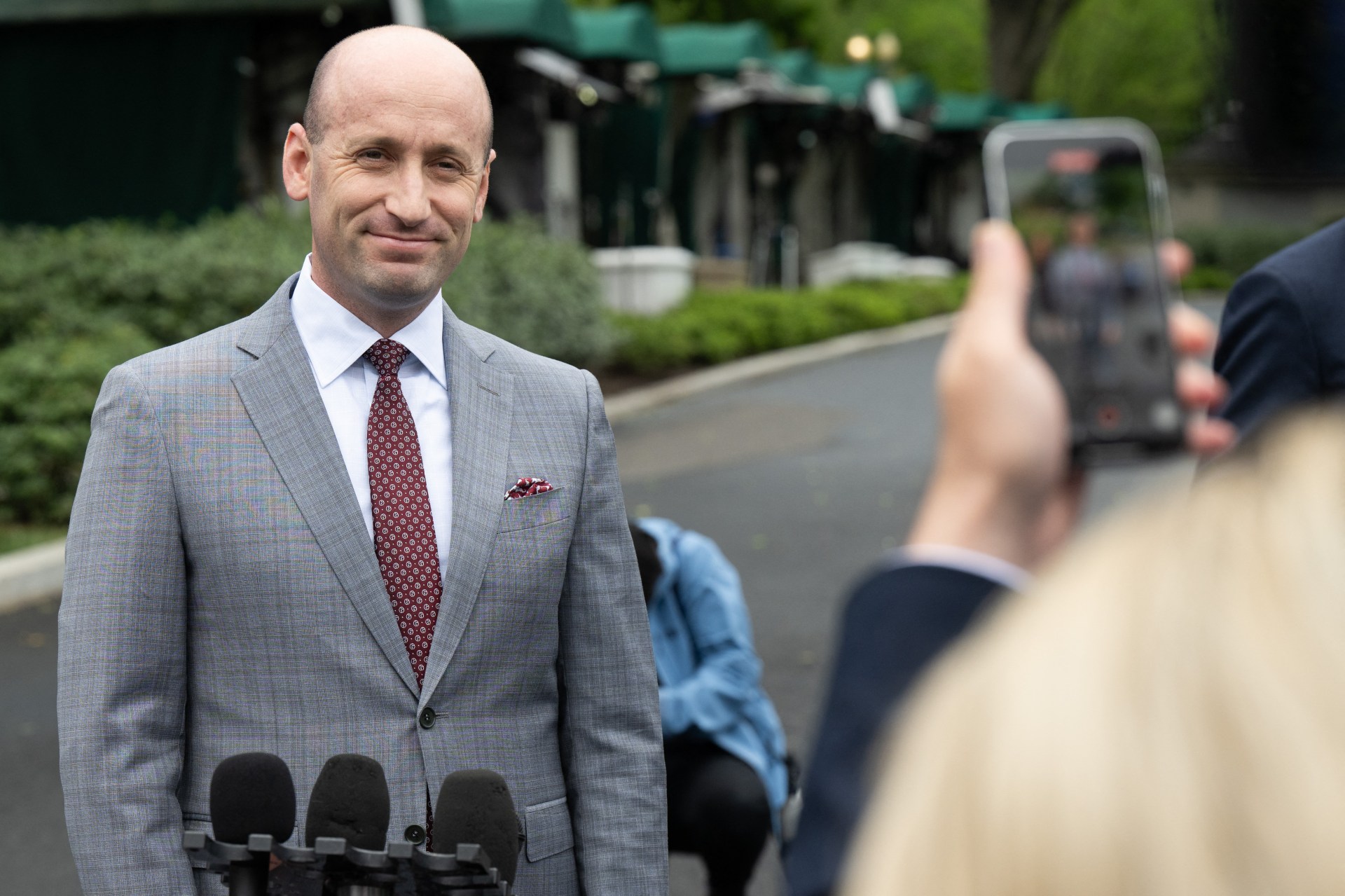







Please note that we at The Dispatch hold ourselves, our work, and our commenters to a higher standard than other places on the internet. We welcome comments that foster genuine debate or discussion—including comments critical of us or our work—but responses that include ad hominem attacks on fellow Dispatch members or are intended to stoke fear and anger may be moderated.
With your membership, you only have the ability to comment on The Morning Dispatch articles. Consider upgrading to join the conversation everywhere.